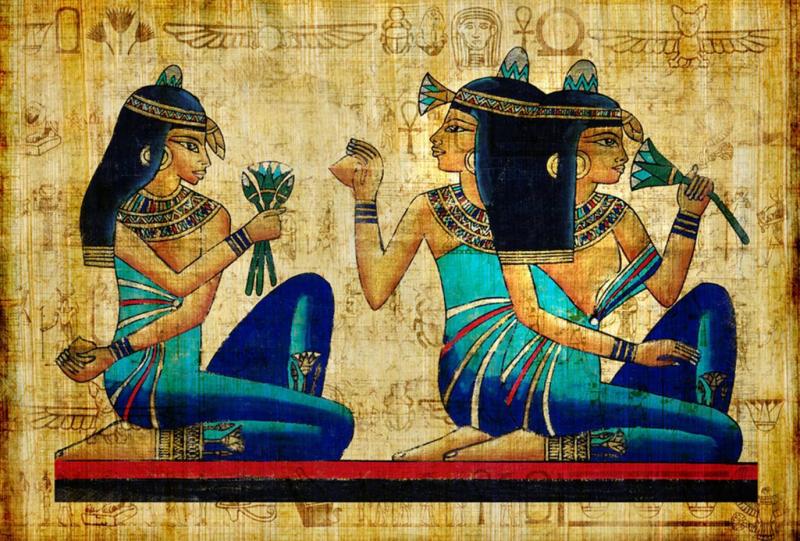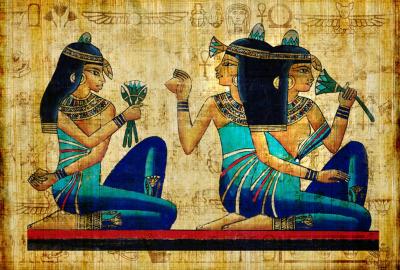Every day, secrets of ancient Egyptian civilization are revealed, amazing the world in various fields such as engineering, astronomy, medicine, and more. The ancient Egyptians managed to achieve many discoveries in numerous areas, especially in medicine, where they were able to determine the gender of the fetus in the early weeks of pregnancy. They used wheat and barley grains to establish whether the fetus was male or female, or if the woman was not pregnant.
This discovery is documented on a papyrus currently housed in the Berlin Museum, dating back to 1350 BC. This was confirmed by the archaeologist "Ali Abu Dashi" in his research on "Determining Fetal Gender and Contraception Methods in Ancient Egypt," and was also supported by the "Center for Women's Studies and Rights" in one of its published studies, which affirms that the Pharaohs were capable of determining the gender of the fetus, as well as knowing about contraception.
Archaeologists translated the papyrus found in the Berlin Museum, stating that women in ancient Egypt would wet barley and wheat grains with a small amount of their urine. If the barley sprouted, it indicated that she was carrying a boy; if the wheat sprouted, it indicated that she was carrying a girl. If neither sprouted, it was a sign of a false pregnancy.
It is noted that medicine at that time was highly advanced, encompassing simple surgeries, repairing bone fractures, and formulating various medicines. Despite the association of ancient Egyptian medicine with magic and incantations in modern culture, medical research has often shown their efficacy, with 37% of ancient Egyptian medicinal compositions aligning with formulas recognized in the British Pharmacopoeia published in 1973. The texts of ancient Egyptian medicine outlined specific steps for examination, diagnosis, and treatment that were often logical and appropriate.
The early Egyptians' knowledge of the human body stemmed from their embalming practices aimed at preserving the bodies of the deceased. Egyptian physicians were not only respected among their own people but their reputation also spread to neighboring countries. Ancient Egyptian manuscripts state that a prominent priest, Imhotep, is considered the founder of medicine in ancient Egypt, and is believed to be the inventor of hieroglyphic writing, leading to his veneration as the "God of Healing" in later periods of the pharaonic era.




